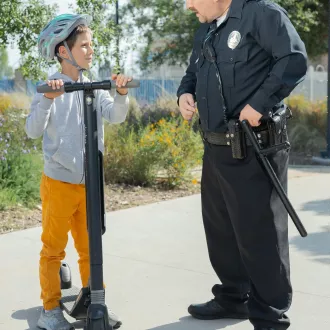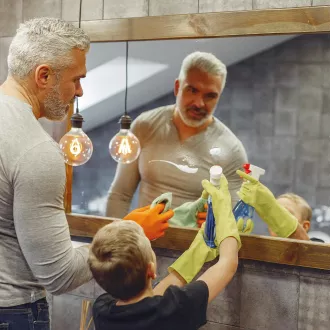Transcription How to teach children to identify their interests and needs?
This is an important issue in the development of child autonomy, as children need to learn how to make decisions and face the consequences of their actions. Throughout this article, we will discuss best practices for teaching children how to make responsible decisions, as well as how to accept and learn from the consequences of their choices.
Making informed decisions
Before children can learn to evaluate and accept the consequences of their choices, they must learn to make informed decisions. This means that they must have sufficient information about the options available to them and understand the possible consequences of each choice.
To help children make informed decisions, it is important to guide them and provide them with relevant information. For example, if a child is trying to decide what to wear, the parent or guardian can help by providing information about the weather and suggesting appropriate clothing options for the occasion.
In addition, it is important to allow children to make decisions for themselves whenever possible. As they do, they should also learn to take responsibility for their choices.
Accepting and learning from consequences
A fundamental part of developing children's autonomy is learning to accept and learn from the consequences of our decisions. This means that children must understand that every choice has a consequence, whether positive or negative.
It is important to allow children to experience the consequences of their choices, whenever it is safe to do so. For example, if a child chooses not to study for a test and then gets a bad grade, it is important to allow the child to experience the natural consequences of his or her choice.
However, parents and guardians should be available to guide the child and help him or her learn from the experience.
Encourage reflection
One way to help children lear
interests ninos




